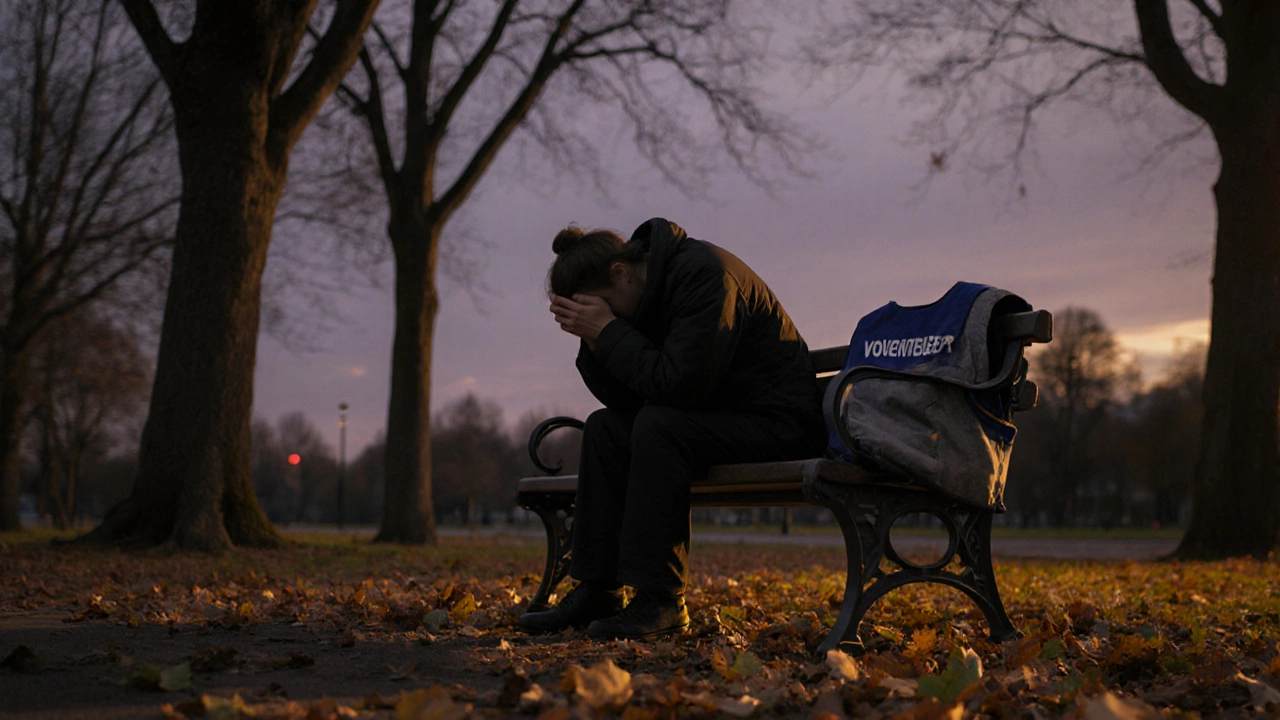Volunteering Too Much: When Helping Hurts and How to Find Balance
When you volunteering too much, putting in more hours than you can sustain while ignoring your own needs. It’s not about being selfish—it’s about staying useful. Many people in the Minehead area jump into charity work, school events, or local outreach because they care. But if you’re running on empty, skipping meals, missing sleep, or saying yes when you mean no, you’re not helping anyone—not even yourself. volunteer burnout, the exhaustion that comes from overcommitting to unpaid work is real, quiet, and often ignored until you’re too tired to show up at all.
Think about charity work, the unpaid efforts that keep food banks, thrift stores, and community groups running. In the UK, most charity shops rely on volunteers to sort donations, run tills, and keep shelves stocked. That’s amazing—but it’s also a lot. One person can’t do it all. And when one person tries, they often end up carrying the weight for others who don’t show up. community outreach, building real connections through consistent, thoughtful action doesn’t need a hero. It needs steady hands. You don’t have to be at every meeting, every shift, every fundraiser. You just have to be reliable when you are there. Setting limits isn’t quitting—it’s making your contribution last longer.
There’s a difference between giving your time and giving your soul. If you’re volunteering because you feel guilty, or because you think no one else will, you’re setting yourself up for resentment. The best volunteers aren’t the ones who do the most—they’re the ones who show up consistently, without burning out. That means saying no sometimes. It means taking a week off. It means asking for help before you’re broken. The groups you care about will survive without you for a little while. And you’ll come back stronger.
Below, you’ll find real stories and practical advice from people who’ve been there—how to spot the signs of overcommitment, how to talk to your group about needing space, and how to keep giving without losing yourself. You’re not alone. And you don’t have to do it all.

When Should You Stop Volunteering? Signs It’s Time to Step Back
Knowing when to stop volunteering isn't quitting-it's protecting your well-being so you can keep helping in a sustainable way. Recognize the signs of burnout and learn how to step back with grace.